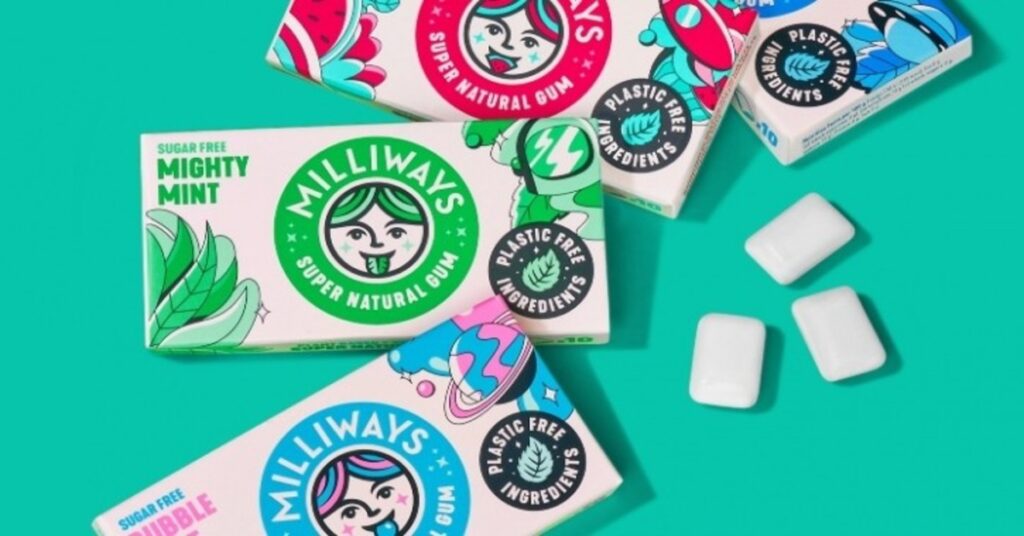Major fashion brands are using false green claims to conceal their destructive business model, says Greenpeace. It believes brands are hiding their lack of action behind false claims of environmental responsibility.
Greenpeace acknowledged that “sustainability sells”. And with consumers getting environmentally conscious, fashion labels are making incredible claims to reach out to this “new kind of consumer”. The environmental organization in its report Greenwash Danger Zone stated that without the evidence to back up the eco-claims made on the labels, fashion companies are guilty of greenwashing. Greenpeace describes greenwashing as companies making themselves look eco-friendly to the public but continue polluting the environment behind the scenes.

The report says big fashion labels promise recycled materials, take-back systems, and recycling schemes, but because of the ever-increasing volumes of fashion being produced, these promises are impossible for companies to keep. “The reality is that circularity is virtually non-existent in the fashion industry, while less than 1 percent of clothes are recycled into new clothes, garment production volumes are growing by 2.7 percent annually. Every second a truckload of garments is burnt or sent to landfill helped by newer online retailers like SHEIN, the destructive fast fashion fad is speeding up, not slowing down.”
False Environmental-Friendly Claims
Moreover, a recent screening of sustainability claims in the textile, garment, and shoe sectors outlined that 39 percent could be false or deceptive. In 2022, the Norwegian Consumer Authority called out fast fashion brand H&M for its greenwashing. The brand’s Conscious Collection portrayed products as being better for the environment than they actually were and there were instances where the information about the sustainability of a product was completely opposite from the truth. Experts warn that the industry cannot rely on trade associations as the arbiters of sustainability or eco-impact scoring. There is a huge conflict of interest, and the brands that want to be credible must use more independent, rigorous systems with integrity.

Greenpeace has also highlighted the issues with “recycling”. Its report says recycled polyester is becoming a central sustainability myth for the fashion industry. “Clothes are being labeled as recycled, even though there’s no evidence that they are part of a truly circular system for clothes. This is potentially misleading, consumers might think that the term ‘recycled’ means they are made out of old clothes and can be recycled again into new clothes when neither is the case.” The organization believes this creates a false sense of security for customers, and hides the fact about plastic recycling.

Regulators Should Take Action
Recently, the European Commission said consumers are faced with the practice of making unclear or not well-substantiated environmental claims. With the use of sustainability, labels that are not always transparent and credible aim to establish clear EU rules on voluntary green claims while developing methodologies, benchmarks, and indicators worthy of trust. Greenpeace says Earth doesn’t have the luxury to waste time on minimalistic steps and dead-end options. “Fashion brands should make sure right now that their communication with customers through product labeling is more misleading, and can be backed up by independent verification. Some self-assessed marketing labels may be relatively reliable, but it is hard to trust a self-evaluation and we continue to witness an increase in greenwashing.”
As such, the environmental organization urges regulators to step up and implement stringent regulatory measures to stop the threat and address the reduction of material intensity. Greenpeace says consumers and institutional buyers need to be empowered to help foster the change. It recommends the highest standards and proper accountability.
Also Read: H&M Move to Create Garments Partly From Captured Emissions With LanzaTech



